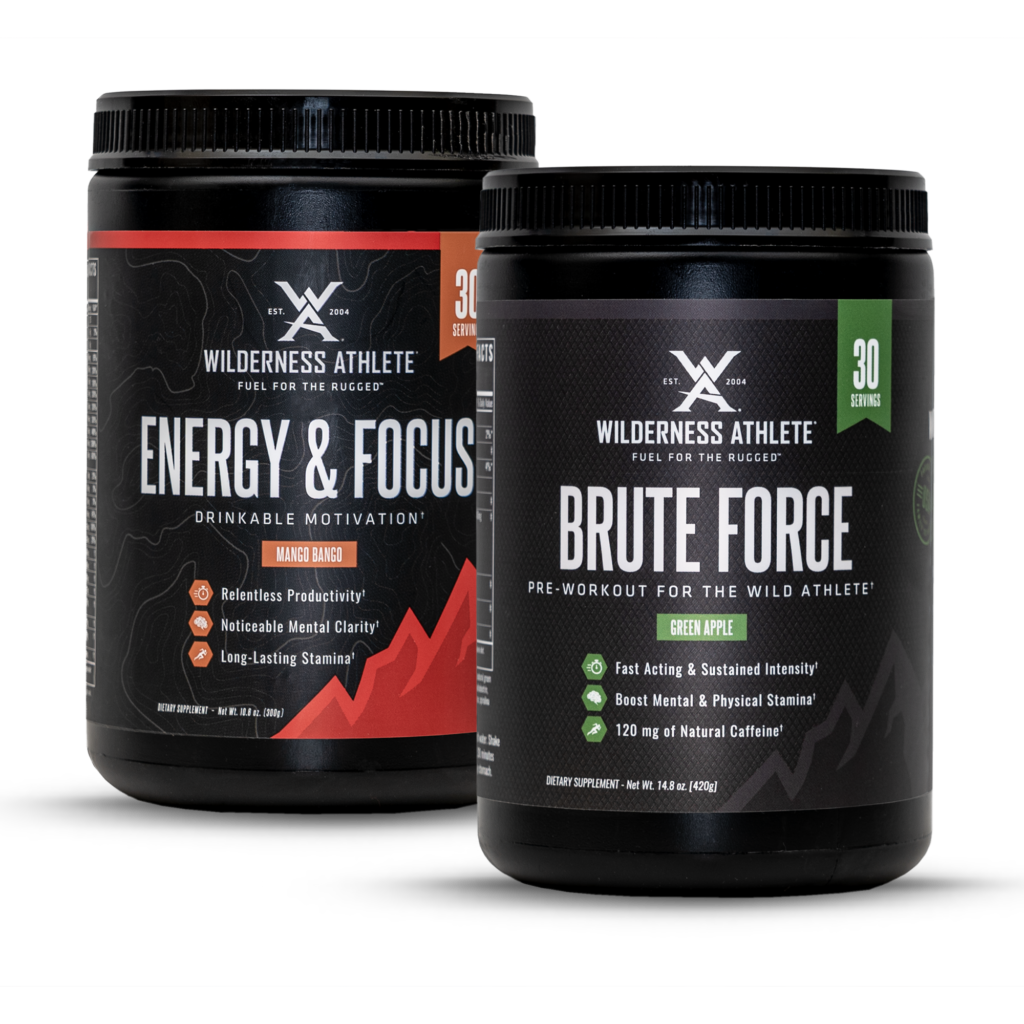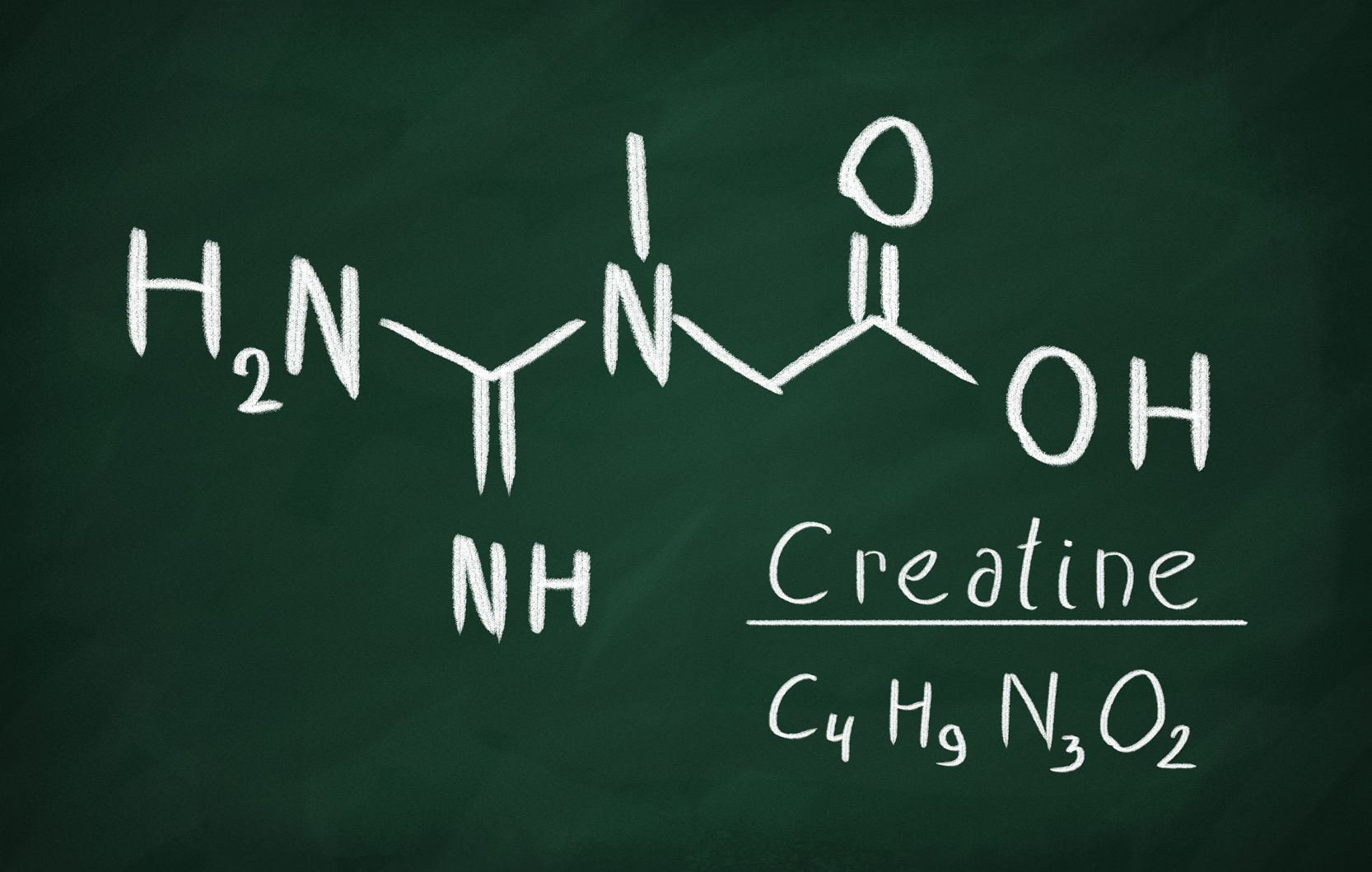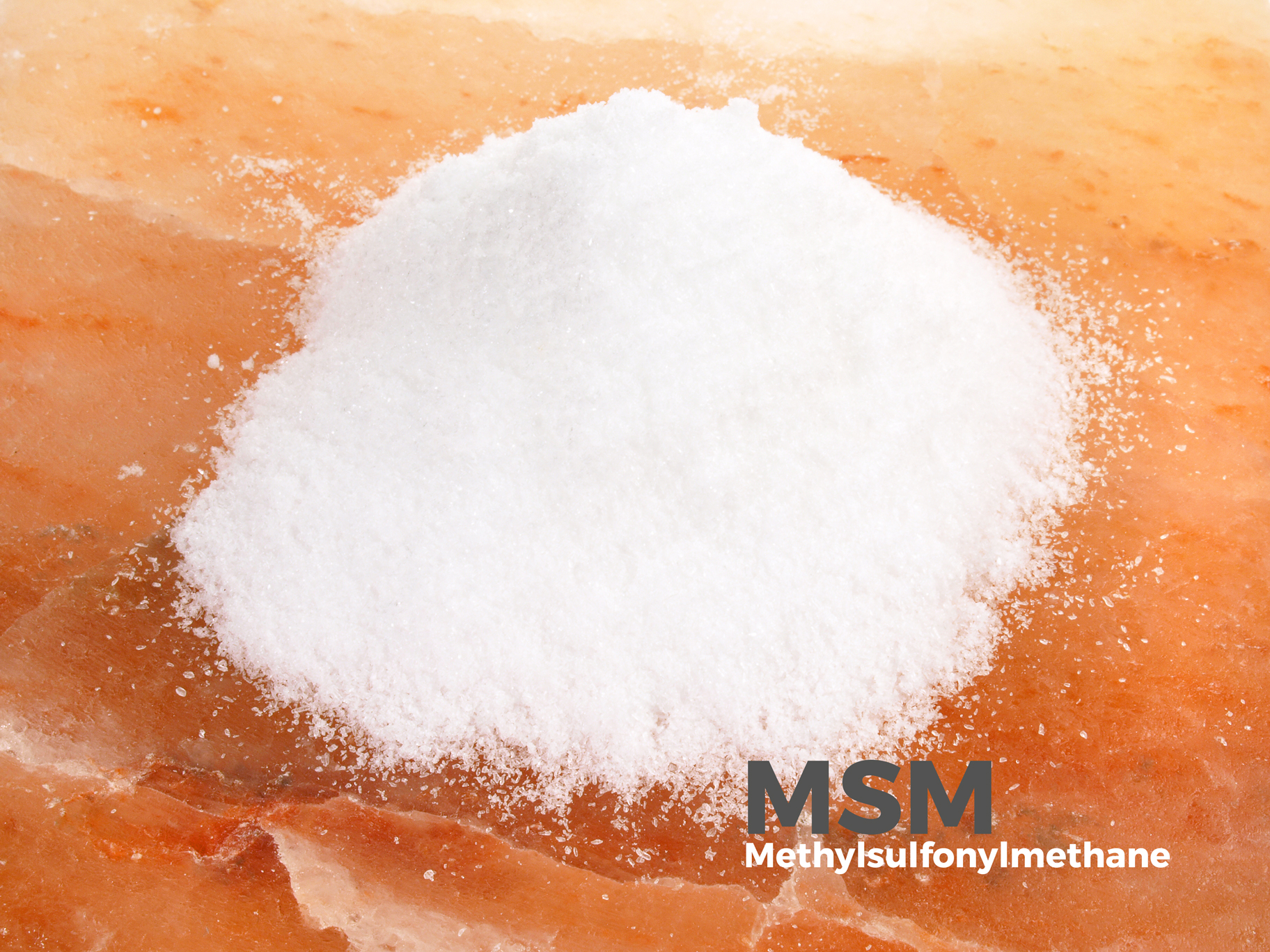Caffeine
As Label Readers and nutritional geeks, we tend to focus on the rare extracts, powerful herbs, and essential nutrients that don’t receive enough attention or use in our fast food culture. This Label Reader’s Digest spotlights an ingredient that roughly 90 percent of Americans consume every single day, caffeine. Whether it’s from Starbucks, a Red Bull, or even a Hershey’s Chocolate Bar, chances are that you are well acquainted with this central nervous system stimulant. It’s also likely that you have heard the numerous myths and vilified claims about caffeine that are not consistent with the many studies concluding caffeines potential dietary benefits.
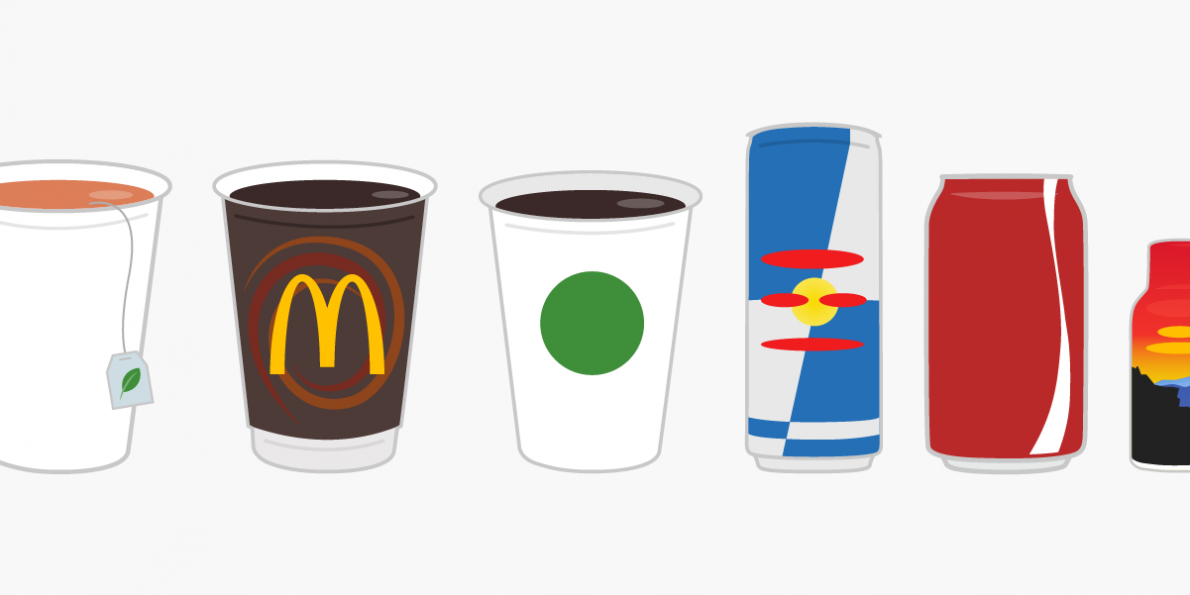
Caffeine is a natural stimulant which can be derived from over 60 different plant sources, including coffee beans, tea leaves, cacao seeds and cola nut seeds. While it is completely legal, it is important to remember that caffeine is a psychoactive drug, meaning it crosses the blood-brain barrier to stimulate the central nervous system. Like many things, over consumption of caffeine can lead to negative effects which vary from person to person depending on diet, size, age, etc. The widespread consumption of caffeine in this country is a large reason why there is a high degree of varying opinions and outlooks on caffeine.

Numerous recent studies have confirmed many positive health attributes of caffeine such as improved digestion, greater appetite control, enhanced alertness, increased physical output, improved liver physiology, and improved reaction time.
Understanding how caffeine works is imperative to understanding why it is linked to so many improved aspects of brain function. When caffeine enters the blood stream and eventually the brain, it blocks an inhibitory neurotransmitter called adenosine. When this is blocked, the amount of other neurotransmitters like norepinephrine and dopamine increase, leading to enhanced firing of neurons. Several controlled human trials have shown improved memory, mood, vigilance, energy levels, reaction times and general cognitive function. (http://www.nature.com/neuro/journal/v17/n2/full/nn.3623.html)
Caffeine is also a useful tool when you are working to burn body fat. Numerous studies show caffeine being capable of boosting fat loss by as much as 10% in obese individuals and 29% in lean people by elevating the metabolic rate by 3-11%. (https://www.ncbi.nlm.nih.gov/pubmed/7486839 & https://www.ncbi.nlm.nih.gov/pubmed/2912010)
If improving your physical performance is more up your alley, caffeine can help with that as well. Caffeine increases epinephrine (adrenaline) levels in the blood, the hormone responsible for preparing our bodies for intense physical exertion. Additionally, caffeine consumption has been shown to increase the rate at which free fatty acids enter the blood and becomes available for usable energy. These attributes of caffeine are why we have seen an 11-12% improvement in physical performance on average in several studies. (https://www.ncbi.nlm.nih.gov/pubmed/15657469/ & http://onlinelibrary.wiley.com/doi/10.1111/j.1600-0838.2005.00445.x/abstract)
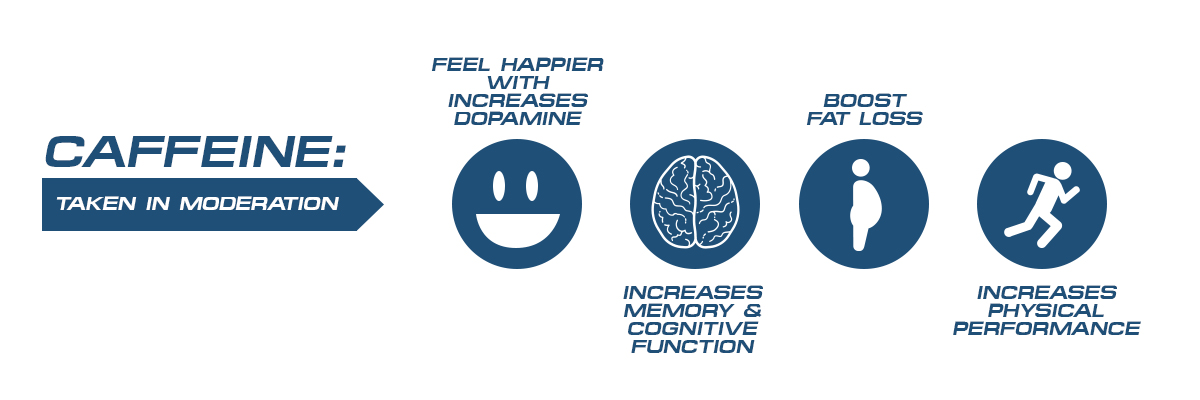
As with many things in our diet, consumption in moderation is important. It is generally agreed upon that 300-400mg of caffeine can be consumed daily by an individual without adverse effects. Research has shown body weight to be a determining factor of how much caffeine you are likely to benefit from without experiencing the over consumptive effects such as anxiety and nervousness. Natural vs synthetic caffeine can also play a role in how you experience and benefit from it. Natural forms of caffeine typically carry a good array of antioxidants which benefit the body in a number of ways. The steady manner with which natural caffeine is delivered to your body is in part why it is preferable to synthetic forms of caffeine. For cost and stimulation reasons, it is not uncommon to see pre-workouts and energy drinks use a synthetic source of caffeine to achieve instantaneous energy. While synthetic caffeine achieves the desired stimulation, it is typically absorbed through the digestive system much faster than natural forms, delivering a rapid spike and a rapid crash. It is for this reason that Wilderness Athlete Brute Force and Energy & Focus utilize natural forms of caffeine to achieve their numerous benefits.


